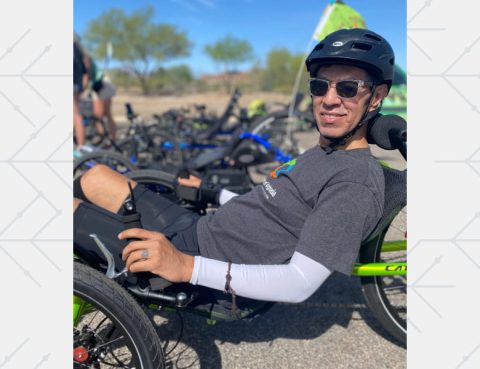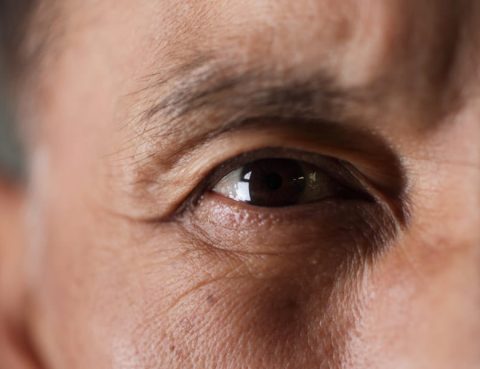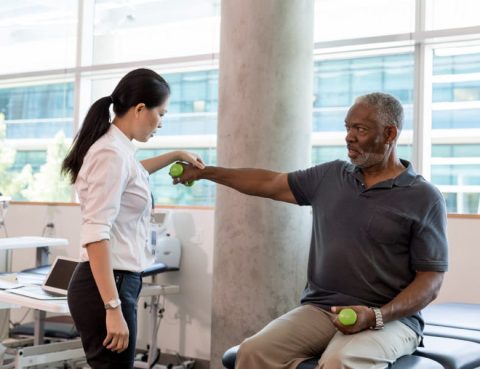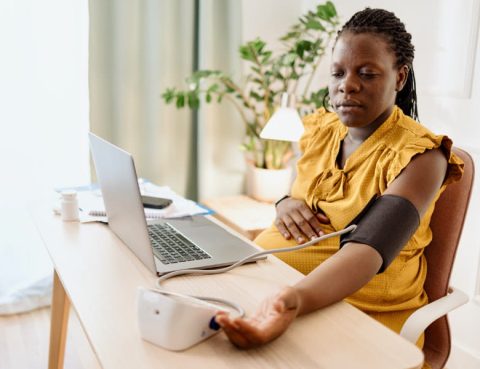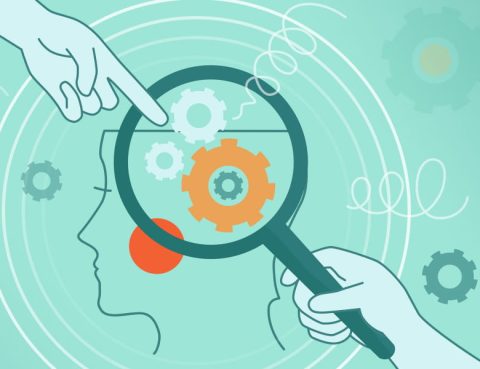(Inna Polekhina/iStock via Getty Images) Lea en español The official word on COVID-19, according to the World Health Organization and the U.S. government, is that it’s no longer an emergency. But while that’s a milestone, it’s hardly an all-clear for everyone to behave as if the pandemic never happened, experts say. “It doesn’t mean there’s…
(Polina Ekimova/iStock via Getty Images) Women who have irregular menstrual cycles – those that are longer or shorter than average – may be at higher risk for some heart problems, a new study suggests. The study, published Wednesday in the Journal of the American Heart Association, found women whose cycles were outside the typical 22-…
Stroke survivor Joe Granados on a recumbent trike in April. (Photo courtesy of Alba Patricia Granados) Lea en español Joe Granados was slumped in a chair when his wife – alerted by their children – came to check on him. He didn’t seem like himself. Alba Patricia Granados, a nurse, quickly realized her husband was…
(RUNSTUDIO/DigitalVision via Getty Images) Lea en español Sudden, painless loss of vision. Burning back pain. Achy legs. Incontinence. People might not recognize these as signs of a stroke, because some are not the symptoms of a stroke in the brain, where most strokes occur. But strokes can happen in other parts of the body, too,…
(Geber86/E+ via Getty Images) Lesbian and bisexual women may be less likely to have ideal heart health scores than heterosexual women, according to new research. Gay or bisexual men, however, scored higher than their heterosexual peers, but only if they lived in urban areas. The study, published Wednesday in the Journal of the American Heart…
(SDI Productions/E+ via Getty Images) Stroke care is rife with inequities, and fixing them will require more research into issues such as structural racism and other “upstream” social factors that affect where people live, learn, work and play, a new report says. The report, a scientific statement from the American Heart Association, summarizes research on…
(Anchiy/E+ via Getty Images) Women who have high blood pressure before they become pregnant may be twice as likely as those who don’t to develop cardiovascular disease within a decade of giving birth, new research finds. And if their pregnancies involve complications, they are up to 10 times more likely to develop premature cardiovascular problems,…
(Emely/Image Source via Getty Images) Lea en español Everyone knows that on Mother’s Day, Mom’s needs come first. But the rest of the year, mothers often put their health care on hold to focus on others. “A lot of times as women, we tend to put ourselves last,” said Dr. Marlene Blaise, a cardiologist in…
(Ok Sotnykova/iStock via Getty Images) More than half of U.S. adults who survive strokes develop cognitive impairments in the year that follows, a new science report says. As many as 1 in 3 survivors will develop dementia within five years. A new scientific statement from the American Heart Association and American Stroke Association summarizes the…



